
Many organizations and individuals work to promote equity, but there is a global shortage of child health equity experts and researchers. Therefore filling this critical gap is our mission.
The Child Health Equity Center creates training programs that illuminate issues of child health equity in order to build a community of diverse child health equity champions. Most importantly, our training provides the tools to address existing and emerging inequities facing children and families in our communities and around the world.
The Child Health Equity Center participates in the UMass Chan Population and Community Health Clerkship (PCHC). The PCHC is a team-based, interprofessional, community engaged experience required of all second-year medical students at T.H. Chan School of Medicine and graduate nursing students at Tan Chingfen Graduate School of Nursing. Students are placed in small groups directed by academic and community preceptors from a range of professions and disciplines and focused on a population or community of interest. Each team’s experience is unique.
At the Child Health Equity Center, Arvin Garg, MD, MPH, facilitates the PCHC and offer students the opportunity to engage with any of our ongoing center projects or create their own.

The Child Health Equity Center participates in the UMass Chan Population and Community Health Clerkship (PCHC). The PCHC is a team-based, interprofessional, community engaged experience required of all second-year medical students at T.H. Chan School of Medicine and graduate nursing students at Tan Chingfen Graduate School of Nursing. Students are placed in small groups directed by academic and community preceptors from a range of professions and disciplines and focused on a population or community of interest. Each team’s experience is unique.
At the Child Health Equity Center, Arvin Garg, MD, MPH, facilitates the PCHC and offer students the opportunity to engage with any of our ongoing center projects or create their own.

The Child Health Equity and Advocacy Elective is an elective rotation offered to medical residents in the UMass Chan Medical School Pediatrics and Medicine-Pediatrics Residency Programs. In this 2-4 week elective rotation, residents have dedicated time to learn about health equity, social determinants of health, and advocacy through reading literature, attending didactics, engaging with faculty experts, and immersing in the local Worcester community. Residents are encouraged to take a deep dive into specific areas of interest that connect to their clinical, research, and advocacy interests.
At the Child Health Equity Center, Nisha Fahey, DO, MSc, facilitates the elective and works closely with residents to develop their training goals and facilitate community connections.

The concept was developed at Boston Medical Center and has been replicated at universities and hospitals from coast to coast.
Our version of Health Equity Rounds brings together medical professionals, public health leaders, patients, and community members to address inequities in healthcare delivery and access.
We use our own experiences as learning opportunities to help build a collective understanding of how we can provide more equitable care to our patients.
Health Equity Rounds are hosted quarterly. Sign up to receive information about upcoming Health Equity Rounds.
Interested in starting Health Equity Rounds in your department or organization?
The Child Health Equity Center can help.
February 2, 2024 at 8:00 AM Eastern Time
The Child Health Equity Center invites you to join us for a thought-provoking Health Equity Rounds webinar, Persistent Health Inequity: The Effects of Racism on Children with Sickle Cell Disease.
We encourage you to register in advance if you are interested in attending. Upon registration, you will receive a confirmation email with the link to join the webinar.

Our research fellowship program focuses on training postdoctoral scientists to advance child health equity. All while conducting social determinants of health interventional research grounded in community engagement and scientific principles.
Our program is one of only three child health equity fellowships offered in the U.S. Most importantly, it is the only program to focus on social determinants of health interventional research.
We aim to build a diverse child health equity research workforce to create new community-engaged interventions for social determinants of health. In addition to the knowledge we gather, we can address the root causes of societal inequities. While, most importantly, mitigating disparities in child health.
Are you interested in the fellowship program?
Our internships offer undergraduates, graduate students, and medical students the opportunity to learn about child health equity research and programming. Interns come to us from institutions throughout Massachusetts and beyond; meanwhile, many design their own practicum or capstone projects.
We encourage our interns to think outside the box to create individual experiences that meet their unique personal and career goals. We strive to provide a mutually beneficial experience for interns from various backgrounds and career levels. After the internships are complete, these unique opportunities provide access to public health and child health equity work to those who may otherwise be excluded. Diversifying the field of future leaders in public health is an important part of our mission.
Flexibility is a key tenet of our internship program. We understand many prospective public health experts have competing priorities and obligations. Therefore we offer short- and long-term opportunities as well as flexible scheduling. In conclusion, we are working to foster an atmosphere of co-learning that nurtures the child health equity leaders of tomorrow.
Learn more about Child Health Equity Center internship opportunities.

Land Acknowledgement: The Child Health Equity Center acknowledges that our physical office space is located on the unceded ancestral lands of the Nipmuc people. Many members of the Nipmuc Nation remain in Central Massachusetts and carry on their sacred mission to preserve and promote the culture, language, and values of the Nipmuc people.



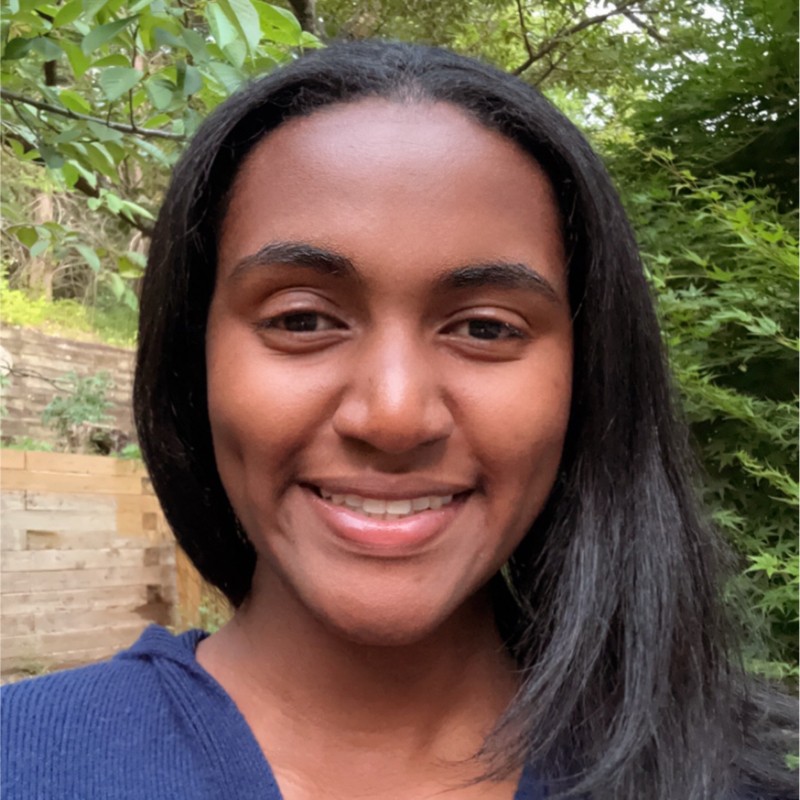
Maia Archer graduated from Boston University with her B.A. in Biology, double minoring in French and Public Health. She is an intern for the Child Health Equity Center primarily assisting with the Pilot Lyft Transportation Program and Food is Medicine Program. Maia will be continuing her academic journey at George Washington University to receive her Masters in Public Health with a concentration in Health Promotion.

Maia Archer graduated from Boston University with her B.A. in Biology, double minoring in French and Public Health. She is an intern for the Child Health Equity Center primarily assisting with the Pilot Lyft Transportation Program and Food is Medicine Program. Maia will be continuing her academic journey at George Washington University to receive her Masters in Public Health with a concentration in Health Promotion.
Monick Powell, C-TAGME, is the Pediatric Training Program Coordinator at UMass Chan Medical School and UMass Memorial Children’s Medical Center. She acts as Coordinator for the Program to Advance Training in Child Health Equity (PATH) Fellowship. She was born in Puerto Rico, grew up in New York, and has been working at UMass since 2004 in various positions in Pediatrics. Ms. Powell established and leads the institutional Training Programs Coordinator Advisory Committee.
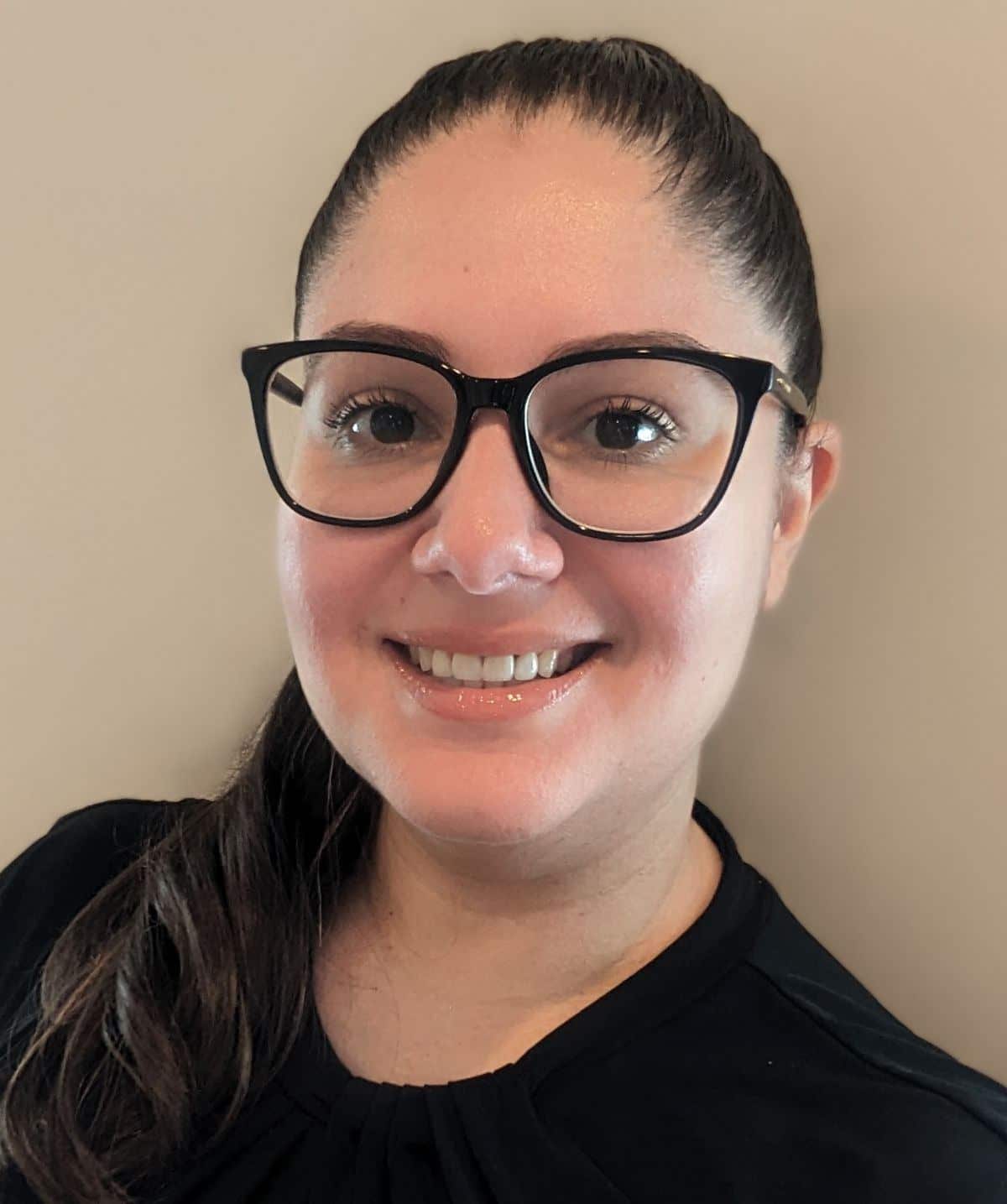
Monick Powell, C-TAGME, is the Pediatric Training Program Coordinator at UMass Chan Medical School and UMass Memorial Children’s Medical Center. She acts as Coordinator for the Program to Advance Training in Child Health Equity (PATH) Fellowship. She was born in Puerto Rico, grew up in New York, and has been working at UMass since 2004 in various positions in Pediatrics. Ms. Powell established and leads the institutional Training Programs Coordinator Advisory Committee.
Larry Rhein, MD, MPH, joined the faculty at UMass Chan Medical School in June 2016. He is an Associate Professor of Pediatrics and Chair of the Department of Pediatrics. Dr. Rhein is board-certified in both pediatric pulmonology and neonatology. He is a health services researcher with a focus on respiratory outcomes of neonatal lung disease and is a national expert on lung disease of prematurity. Dr. Rhein runs a research program focused on optimizing respiratory status in infants with severe lung diseases, particularly infants who are technology- or oxygen-dependent. He has pioneered several protocols for safe outpatient oxygen weaning, which allows infants to be discharged from the neonatal intensive care unit much earlier. Through clinical trials and analysis of physiological data, Dr. Rhein hopes to develop new strategies to prevent and treat neonatal and pediatric lung disease.
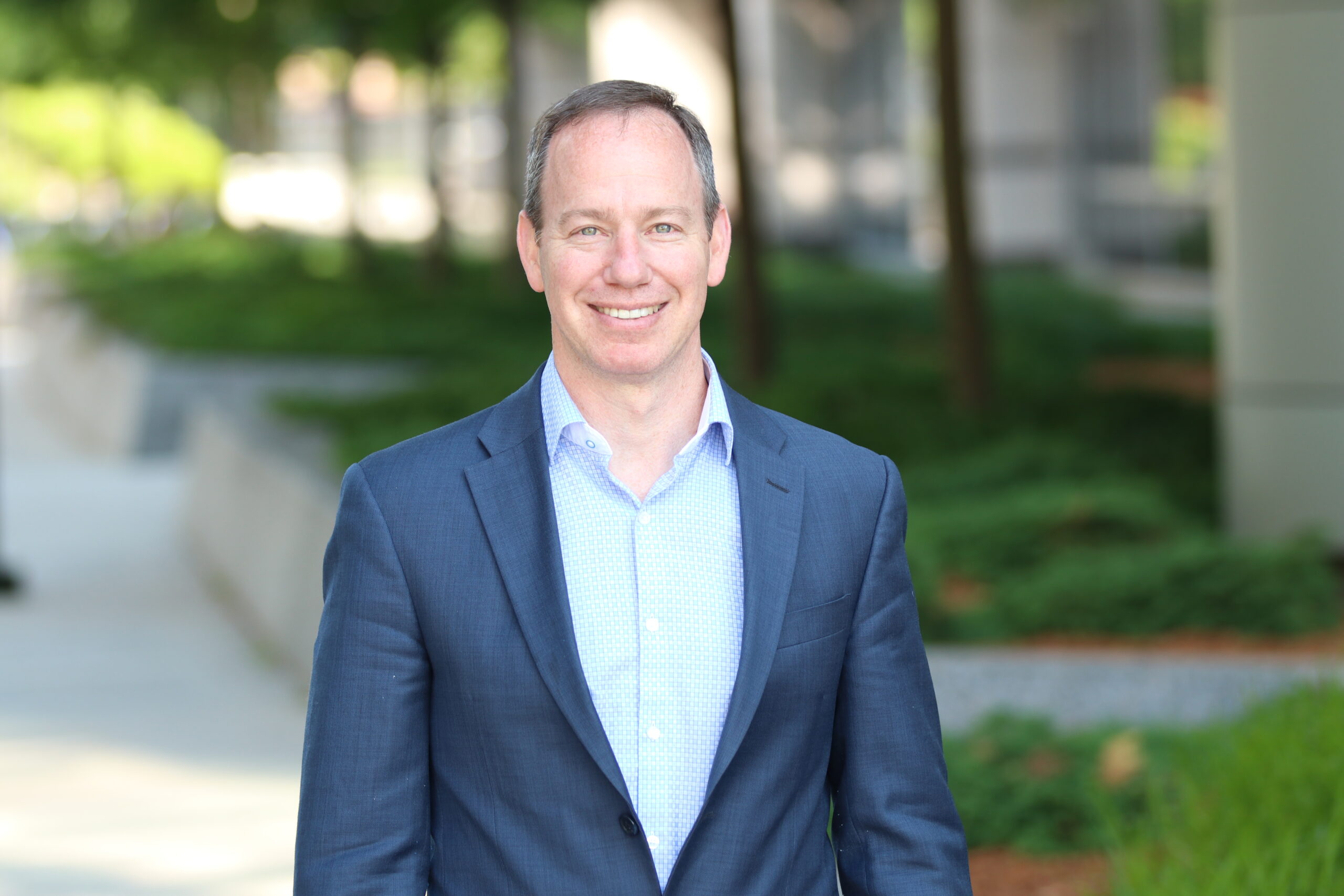
Larry Rhein, MD, MPH, joined the faculty at UMass Chan Medical School in June 2016. He is an Associate Professor of Pediatrics and Chair of the Department of Pediatrics. Dr. Rhein is board-certified in both pediatric pulmonology and neonatology. He is a health services researcher with a focus on respiratory outcomes of neonatal lung disease and is a national expert on lung disease of prematurity. Dr. Rhein runs a research program focused on optimizing respiratory status in infants with severe lung diseases, particularly infants who are technology- or oxygen-dependent. He has pioneered several protocols for safe outpatient oxygen weaning, which allows infants to be discharged from the neonatal intensive care unit much earlier. Through clinical trials and analysis of physiological data, Dr. Rhein hopes to develop new strategies to prevent and treat neonatal and pediatric lung disease.
Michelle Trivedi, MD, MPH, is a pediatric pulmonologist and clinician-scientist who studies sustainable community-based interventions that seek to improve asthma health for children. She is an Associate Professor of Pediatrics and Population Quantitative Health Sciences at UMass Chan Medical School. Dr. Trivedi is Principal Investigator on a National Institutes of Health (NIH)-funded clinical trial of Asthma Link, a clinic-school partnership that delivers school-supervised asthma therapy to children with poorly controlled asthma in 52 schools across Massachusetts.
With a focus on sustainable, pragmatic interventions, she has developed a novel methodology for stakeholder engagement, grounded in implementation science, that elicits input from children, parents, pediatricians, community and systems-level stakeholders (payors, legislators, and public health officials) in order to adapt evidence-based interventions to real-world settings. The ultimate goal of this methodology and her work is to develop interventions that produce positive public and population health impact, particularly for historically marginalized populations.
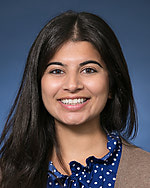
Michelle Trivedi, MD, MPH, is a pediatric pulmonologist and clinician-scientist who studies sustainable community-based interventions that seek to improve asthma health for children. She is an Associate Professor of Pediatrics and Population Quantitative Health Sciences at UMass Chan Medical School. Dr. Trivedi is Principal Investigator on a National Institutes of Health (NIH)-funded clinical trial of Asthma Link, a clinic-school partnership that delivers school-supervised asthma therapy to children with poorly controlled asthma in 52 schools across Massachusetts.
With a focus on sustainable, pragmatic interventions, she has developed a novel methodology for stakeholder engagement, grounded in implementation science, that elicits input from children, parents, pediatricians, community and systems-level stakeholders (payors, legislators, and public health officials) in order to adapt evidence-based interventions to real-world settings. The ultimate goal of this methodology and her work is to develop interventions that produce positive public and population health impact, particularly for historically marginalized populations.
Meg Parker, MD, MPH, is an Associate Professor of Pediatrics and Chief of the Division of Neonatology at UMass Chan Medical School and UMass Memorial Children’s Medical Center. Dr. Parker is a neonatal health services researcher and holds several federal and foundation grants in the area of social disparities in preterm birth outcomes; she has a particular interest in safe sleep and breastfeeding.
Dr. Parker is also an expert in multi-site implementation science and is the Co-Chair of the Neonatal Quality Improvement Collaborative of Massachusetts and an Improvement Advisor from the Institute of Healthcare Improvement. She has led multi-site NICU quality improvements focused on breastfeeding and family engagement. Dr. Parker applies a health equity lens to her local and multisite quality improvement projects.
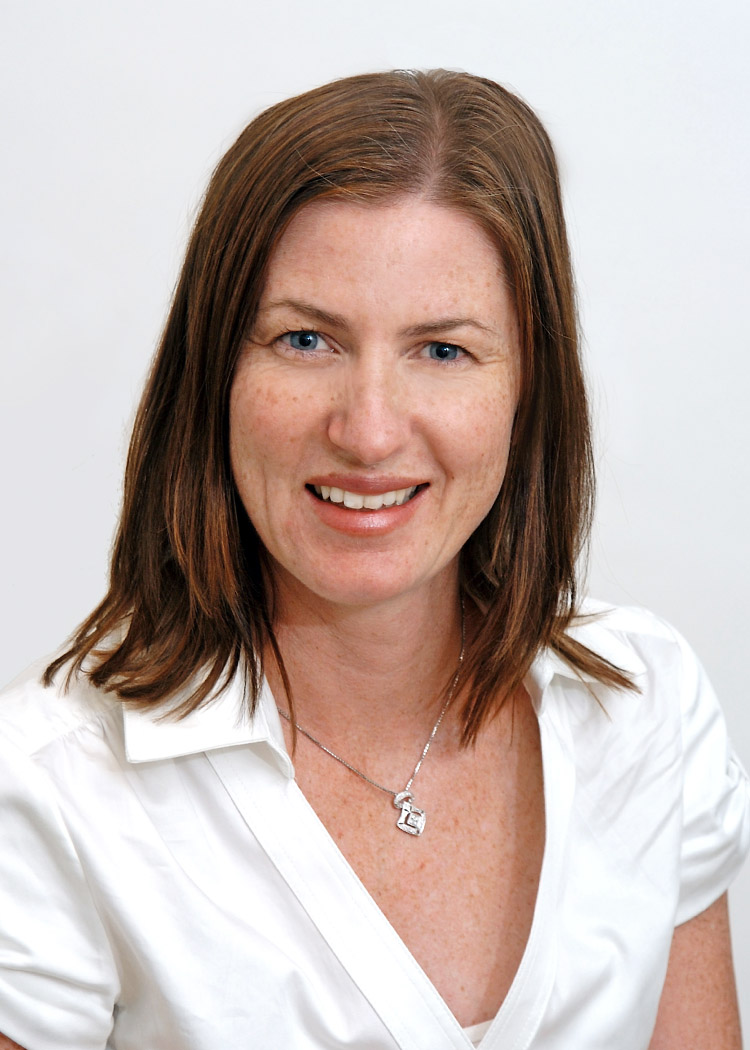
Meg Parker, MD, MPH, is an Associate Professor of Pediatrics and Chief of the Division of Neonatology at UMass Chan Medical School and UMass Memorial Children’s Medical Center. Dr. Parker is a neonatal health services researcher and holds several federal and foundation grants in the area of social disparities in preterm birth outcomes; she has a particular interest in safe sleep and breastfeeding.
Dr. Parker is also an expert in multi-site implementation science and is the Co-Chair of the Neonatal Quality Improvement Collaborative of Massachusetts and an Improvement Advisor from the Institute of Healthcare Improvement. She has led multi-site NICU quality improvements focused on breastfeeding and family engagement. Dr. Parker applies a health equity lens to her local and multisite quality improvement projects.

Nisha Fahey, DO, MSc, is an Assistant Professor at UMass Chan Medical School in the Division of General Pediatrics and a faculty member in the Child Health Equity Center with a focus on global health. Dr. Fahey leads an institutional collaboration with an academic tertiary care center in rural western India focused on research capacity strengthening and community engagement to identify and reduce barriers to care and health inequities in rural community settings. Through this collaboration, she has led the implementation of several research projects in India; recent projects have focused on maternal-child health and social determinants of health. In addition, she is passionate about exploring how digital technologies can be used to reduce health inequities.
Dr. Fahey is an NIH-funded Career Development (K Award) Scholar and her current research focuses on developing ways to promote the practice of Kangaroo Care among mother-neonate dyads post-discharge in local and international settings.
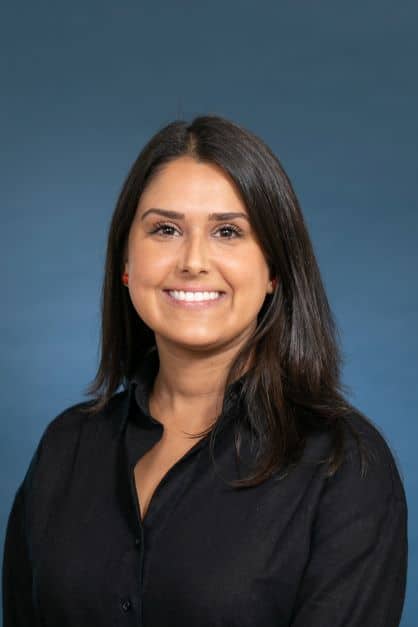
Nisha Fahey, DO, MSc, is an Assistant Professor at UMass Chan Medical School in the Division of General Pediatrics and a faculty member in the Child Health Equity Center with a focus on global health. Dr. Fahey leads an institutional collaboration with an academic tertiary care center in rural western India focused on research capacity strengthening and community engagement to identify and reduce barriers to care and health inequities in rural community settings. Through this collaboration, she has led the implementation of several research projects in India; recent projects have focused on maternal-child health and social determinants of health. In addition, she is passionate about exploring how digital technologies can be used to reduce health inequities.
Dr. Fahey is an NIH-funded Career Development (K Award) Scholar and her current research focuses on developing ways to promote the practice of Kangaroo Care among mother-neonate dyads post-discharge in local and international settings.
Sarabeth Broder-Fingert, MD, MPH, is a pediatrician and implementation scientist who studies early diagnosis and treatment for autistic children and children with other developmental, behavioral, and/or mental health disorders. She is Vice Chair for Clinical Research in Pediatrics and Associate Director for Research at the Eunice Kennedy Shriver Center at UMass Chan Medical School. Dr. Broder-Fingert is Principal Investigator on multiple National Institutes of Health (NIH)-funded awards focused on testing and/or evaluating the implementation of autism interventions. Dr. Broder-Fingert has published more than 60 peer-reviewed manuscripts and serves as an editor for the Autism and Hospital Pediatrics journals.
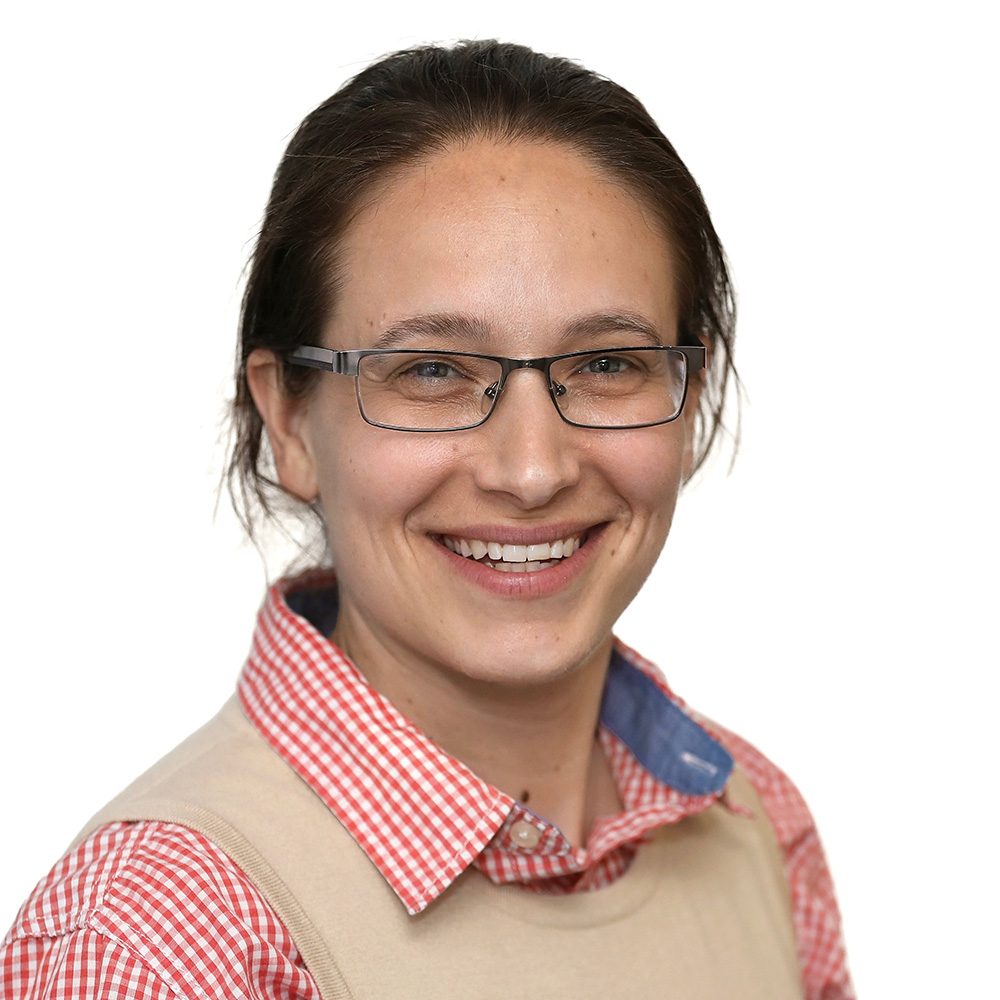
Sarabeth Broder-Fingert, MD, MPH, is a pediatrician and implementation scientist who studies early diagnosis and treatment for autistic children and children with other developmental, behavioral, and/or mental health disorders. She is Vice Chair for Clinical Research in Pediatrics and Associate Director for Research at the Eunice Kennedy Shriver Center at UMass Chan Medical School. Dr. Broder-Fingert is Principal Investigator on multiple National Institutes of Health (NIH)-funded awards focused on testing and/or evaluating the implementation of autism interventions. Dr. Broder-Fingert has published more than 60 peer-reviewed manuscripts and serves as an editor for the Autism and Hospital Pediatrics journals.
Alison LeBlanc, MS, PMP, is an experienced development strategist and child health equity advocate with over a decade of experience designing and implementing initiatives to address adverse social determinants of health. Ms. LeBlanc subscribes to the philosophy “nothing about us without us.” To this end, she has extensive experience fostering bidirectional community partnerships and coalition building. She also has a strong track record of building sustainable centers of excellence in safety-net healthcare systems.
As a disability and chronic disease self-advocate, Ms. LeBlanc has spent years redefining what it means to promote inclusivity and belonging and is dedicated to continually raising the bar for herself and her colleagues. Ms. LeBlanc completed her undergraduate degree at Wesleyan University and completed her master’s in communications at the S.I. Newhouse School of Public Communications at Syracuse University.

Alison LeBlanc, MS, PMP, is an experienced development strategist and child health equity advocate with over a decade of experience designing and implementing initiatives to address adverse social determinants of health. Ms. LeBlanc subscribes to the philosophy “nothing about us without us.” To this end, she has extensive experience fostering bidirectional community partnerships and coalition building. She also has a strong track record of building sustainable centers of excellence in safety-net healthcare systems.
As a disability and chronic disease self-advocate, Ms. LeBlanc has spent years redefining what it means to promote inclusivity and belonging and is dedicated to continually raising the bar for herself and her colleagues. Ms. LeBlanc completed her undergraduate degree at Wesleyan University and completed her master’s in communications at the S.I. Newhouse School of Public Communications at Syracuse University.
Arvin Garg, MD, MPH, is a general pediatrician and clinician-scientist who studies addressing unmet social needs through family-centered healthcare system-based interventions. He is the Founding Director of the Child Health Equity Center and the Founding Program Director of the Program to Advance Training in Child Health Equity (PATH) Fellowship. He is currently a Tenured Professor of Pediatrics and Vice Chair of Health Equity at UMass Chan Medical School and UMass Memorial Children’s Medical Center. Dr. Garg is also Associate Chief Quality Officer for Health Equity for UMass Memorial Health.
Since 2009, Dr. Garg has been continuously funded by the National Institutes of Health (NIH) and has received extramural funding from private foundations. He is Principal Investigator or Co-Investigator on multiple NIH-funded awards focused on testing and/or evaluating the implementation of interventions addressing social needs. He has published over 125 peer-reviewed manuscripts and serves as Associate Editor for the Journal of Developmental & Behavioral Pediatrics. He was recently the Chair of the Health Care Delivery Committee for the Academic Pediatric Association (APA) and is the President-Elect for the APA.
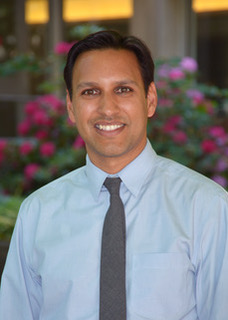
Arvin Garg, MD, MPH, is a general pediatrician and clinician-scientist who studies addressing unmet social needs through family-centered healthcare system-based interventions. He is the Founding Director of the Child Health Equity Center and the Founding Program Director of the Program to Advance Training in Child Health Equity (PATH) Fellowship. He is currently a Tenured Professor of Pediatrics and Vice Chair of Health Equity at UMass Chan Medical School and UMass Memorial Children’s Medical Center. Dr. Garg is also Associate Chief Quality Officer for Health Equity for UMass Memorial Health.
Since 2009, Dr. Garg has been continuously funded by the National Institutes of Health (NIH) and has received extramural funding from private foundations. He is Principal Investigator or Co-Investigator on multiple NIH-funded awards focused on testing and/or evaluating the implementation of interventions addressing social needs. He has published over 125 peer-reviewed manuscripts and serves as Associate Editor for the Journal of Developmental & Behavioral Pediatrics. He was recently the Chair of the Health Care Delivery Committee for the Academic Pediatric Association (APA) and is the President-Elect for the APA.